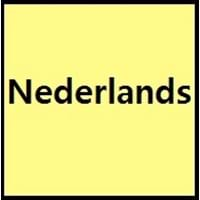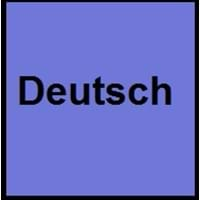Dutch vs German
- Dutch language consist of extremely long words. The longest dutch word in the dictionary is 53 letters long.
- There exists 75% borrowed words in Dutch language, and a lot of those are French, English and Hebrew.
- One of the large group of Indo-Germanic languages is German.
- The second most popular Germanic language spoken today behind English is German language.
Dutch and German Language History
Comparison of Dutch vs German language history gives us differences between origin of Dutch and German language. History of Dutch language states that this language originated in AD 450-500 whereas history of German language states that this language originated in 6th Century AD. Family of the language also forms a part of history of that language. More on language families of these languages can be found out on Dutch and German Language History.
Dutch and German Greetings
People around the world use different languages to interact with each other. Even if we cannot communicate fluently in any language, it will always be beneficial to know about some of the common greetings or phrases from that language. This is where Dutch and German greetings helps you to understand basic phrases in Dutch and German language. Dutch word for "Hello" is Hallo or German word for "Thank You" is Danke. Find more of such common Dutch Greetings and German Greetings. These greetings will help you to be more confident when conversing with natives that speak these languages.
Dutch vs German Difficulty
The Dutch vs German difficulty level basically depends on the number of Dutch Alphabets and German Alphabets. Also the number of vowels and consonants in the language plays an important role in deciding the difficulty level of that language. The important points to be considered when we compare Dutch and German are the origin, speaking countries, language family, different greetings, speaking population of these languages. Want to know in Dutch and German, which language is harder to learn? Time required to learn Dutch is 24 weeks while to learn German time required is 30 weeks.





